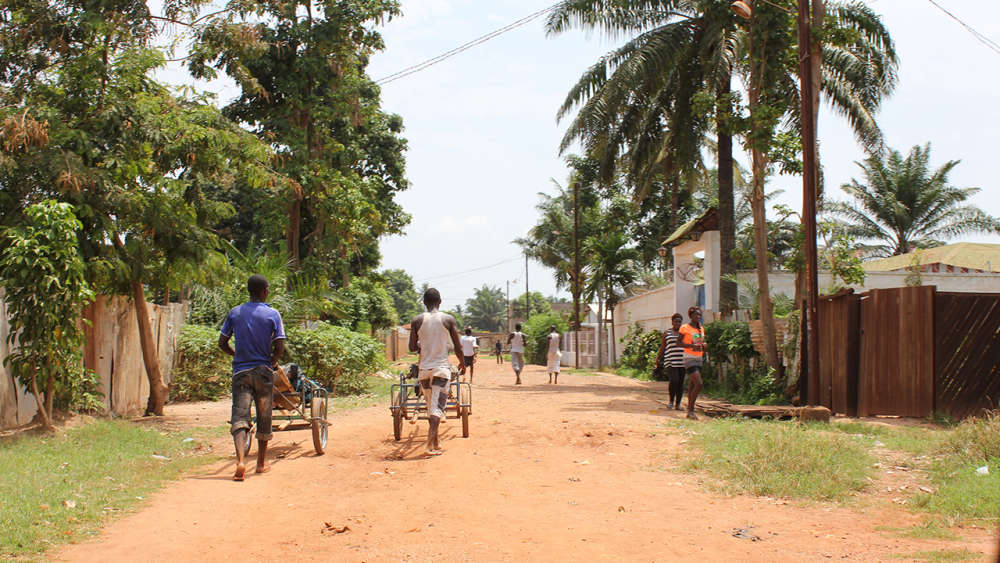
Background to the conflict
In the Central African Republic (CAR), the failure of centralised governments over decades to provide security and basic services has resulted in people living far from the capital feeling alienated from politics. Armed Groups, including ex-Séléka and anti-balaka, continue to target local communities and manipulate long-standing unresolved conflicts.
A lack of credible systems to support conflict resolution, as well as intercommunal tensions – including between herders and farmers and between ‘indigenous’ and ‘foreign’ herders – have hampered efforts to promote reconciliation. Though the root causes of conflict are not religious or ethnic, armed groups and political elites are using these factors to mobilise support.
A number of accords have been signed by armed groups and successive governments since 2012 (the latest in February 2019). However, ceasefires are broken immediately and do not translate into concrete changes on the ground. Armed groups are often fragmented with those signing agreements not truly representing many.
Traditional governance mechanisms have broken down, depriving communities of the first level of dispute resolution mechanisms, however, Local Peace Committees and religious leaders have proven to be influential frontline mediators.
New ways of tackling conflict
Along with the Centre for Humanitarian Dialogue, International Crisis Group, The Center for Security Studies at ETH Zurich and Chatham House, Conciliation Resources is strengthening community peace groups in a number of locations across CAR. Together, we are conducting more rigorous and regular joint analysis of the conflict situation, and then adapting the work we are doing to respond to changes that occur.
We are developing the skills and knowledge of communities enabling them to better mediate conflict and promote dialogue across conflict divides. This ultimately helps them to anticipate, prevent and reduce violence in their regions. We are also bringing herder and farmer communities (including women) and cross-border committees together, to discuss peaceful use of agro-pastoral space and resolve any issues.
By supporting community peace groups to build networks, both with each other and with political authorities and security forces, we are strengthening links between communities and elites. This ensures that the perspectives and concerns expressed by communities and armed groups, including around electoral violence, are considered by policymakers and peace initiatives are more responsive to the needs and interests of conflict-affected communities.
Smart Peace is a global consortium led by Conciliation Resources which combines the expertise of consortium members to address the challenges of building peace – focusing on the Central African Republic, Nigeria and Myanmar. This work combines peacebuilding techniques, conflict analysis, rigorous evaluation and behavioural insights. The resulting lessons will help communities, international organisations and governments to implement peace strategies with greater confidence.
This project is funded with UK aid from the UK government.


